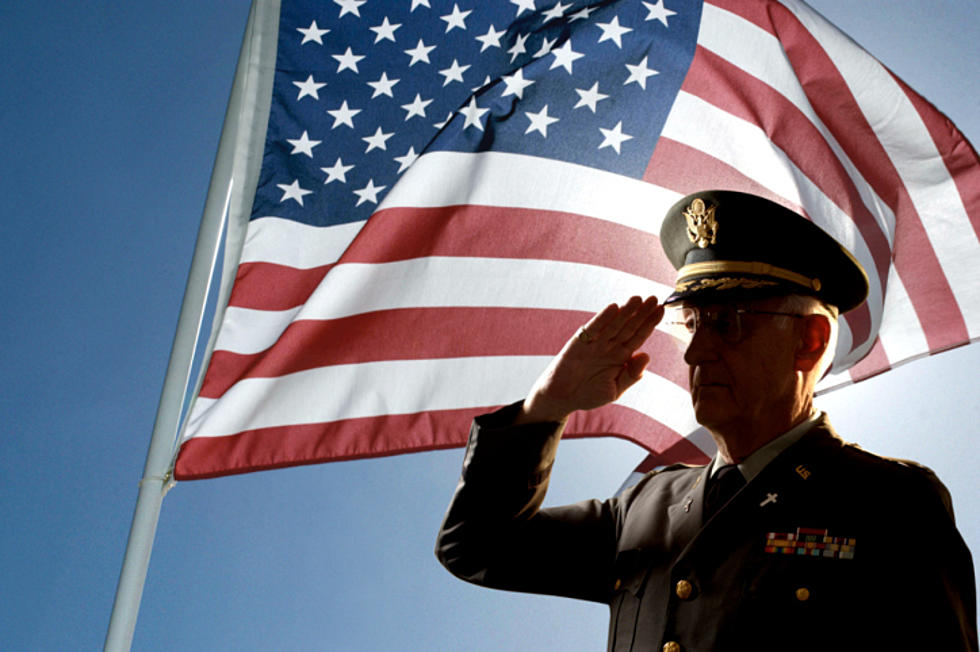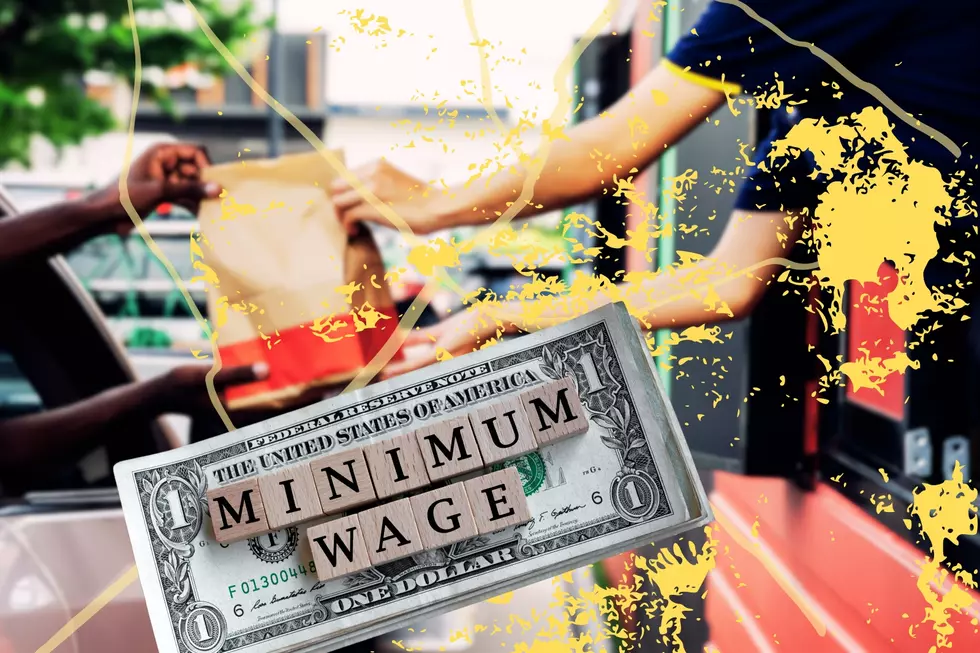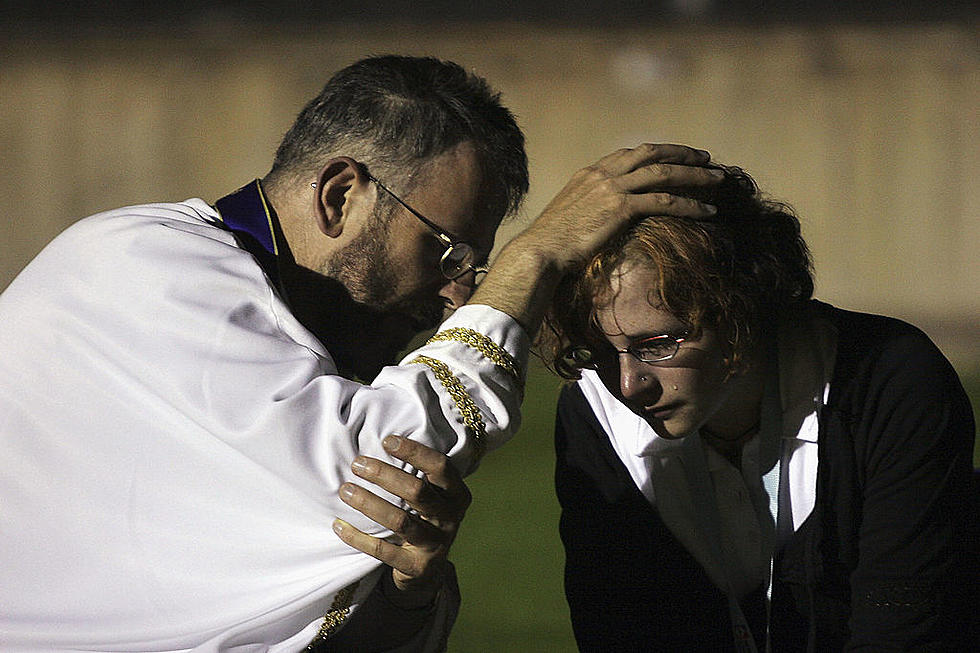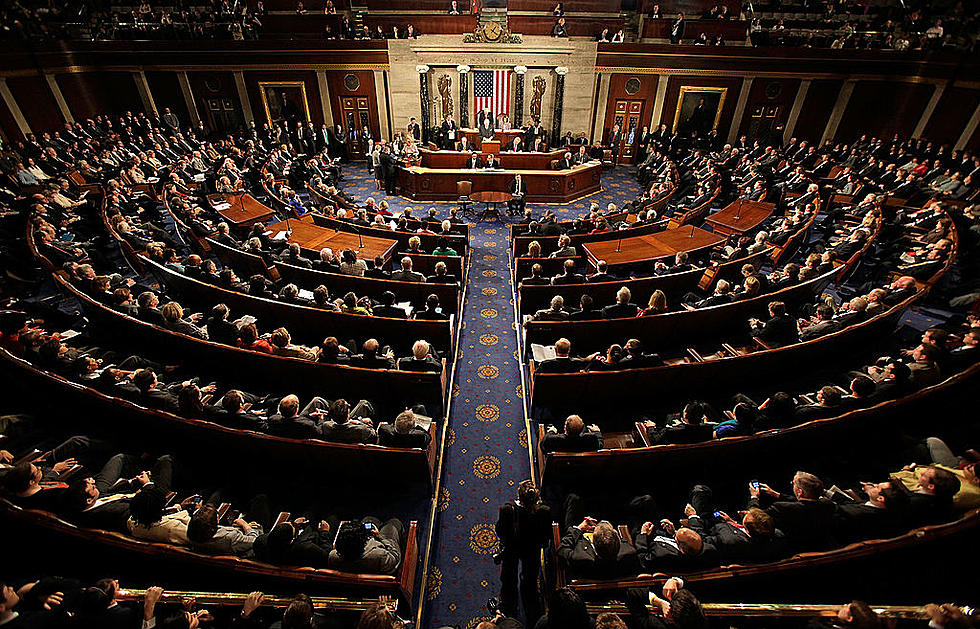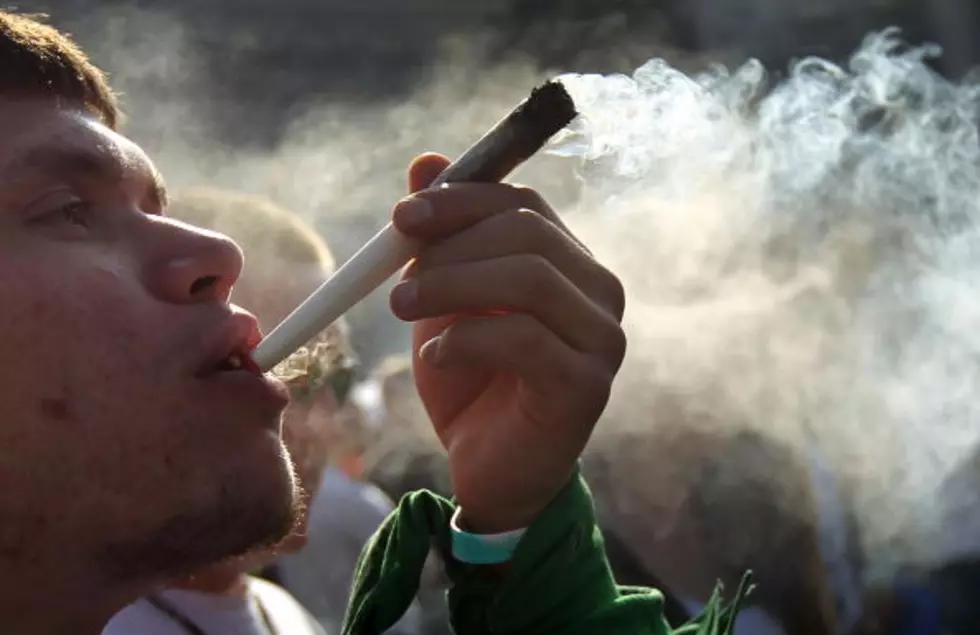
Are You Promoting Racism Or Successful Americanism?
What the heck is up with the National Museum of African American History and Culture? In an supposed effort to promote a conversation about race relations they have basically thrown the values that built America under the bus.
At their website they say - "we believe that any productive conversation on race must start with honesty, respect for others, and an openness to ideas and information that provide new perspectives."
OK. Honesty? From what perspective? New perspectives? I am interested in hearing an alternate to the approach to building a life that people of all culture and races have used all over the world to achieve an exceptional measure of success. .
In 2003 George W. Bush signed legislation "to establish a national museum dedicated to African American history and culture. As a public-private partnership, the museum would receive half the funding from Congress and was responsible for raising the remaining $270 million through private philanthropic support."
So the American people of all races chipped in to create the museum. What are we getting for our money? Well, one thing we are getting is this one-sheet which is our focus for this discussion. It's an interesting (and possibly inflammatory?) document this one-sheet called Aspects & Assumptions of Whiteness & White Culture in the United States.
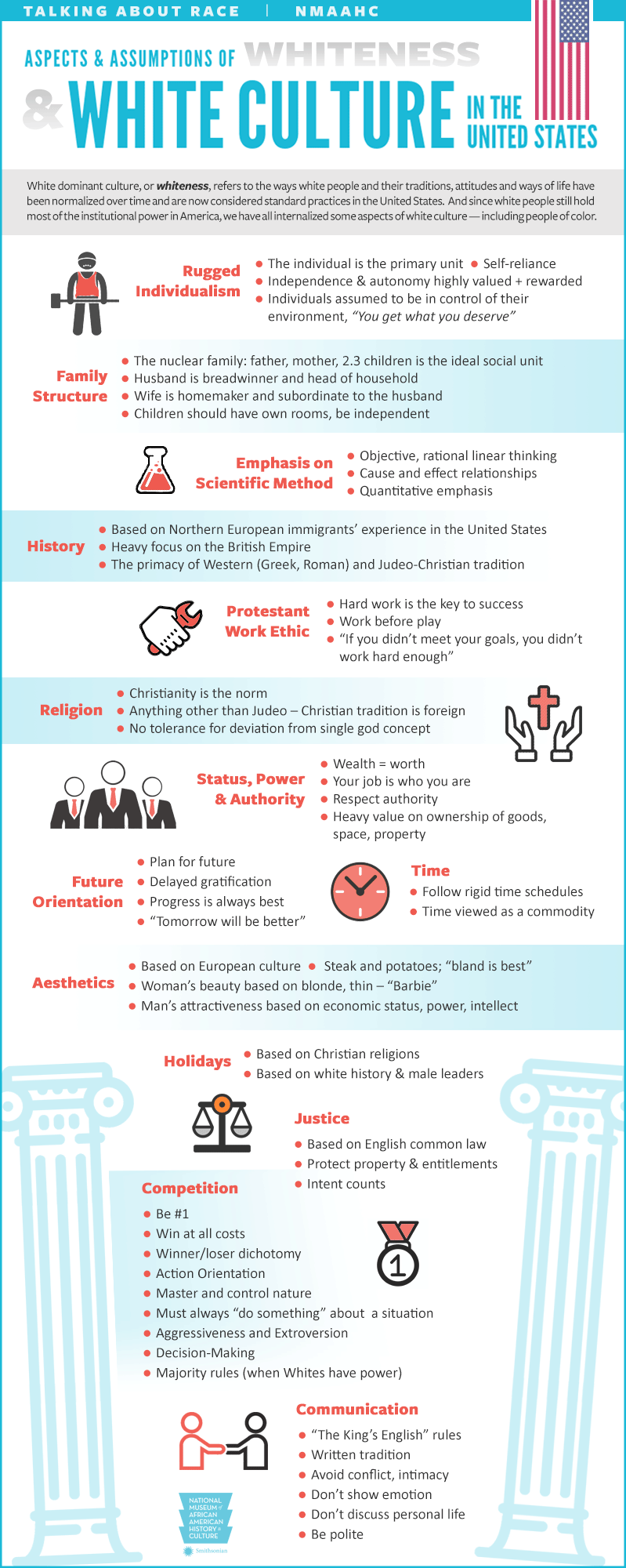
Which is why I say what the heck is up with the National Museum of African American History and Culture?
Are they saying these traits and beliefs are unique to whites? What about Asians, Indians and millions of Blacks? It is insulting and ridiculous.
Whiteness (and its accepted normality) ...think about that statement. "Accepted normality" What is "normal"? One definition is - conforming to the standard or the common type. Without any value judgments - seeking just facts, I ask this:
If Whites makes up 76% of a country of 330-million people and Blacks make up just 13%, what is likely and reasonable to be seen as "Normal" or "common"? Why wouldn't sheer numbers establish accepted norms? If the values and beliefs of the people who left Europe and established America - who were white- why would they not seem "Normal" and given the demographics why would that not seem common?
"Between 1525 and 1866, in the entire history of the slave trade to the New World, according to the Trans-Atlantic Slave Trade Database, 12.5 million Africans were shipped to the New World. 10.7 million survived ....And how many of these 10.7 million Africans were shipped directly to North America? Only about 388,000."
That amounts to three tenth of one percent. I wonder how many people know that? Anyway, I point this out just to establish the basis of the scope of the slave trade in America as compared to the slave trade elsewhere in the hemisphere. As bad is it was, and it was bad, others were worse, much worse. But that was then, what about now? Do the stains of of the past still show through the programs and the progress of the past 150 years to the point that the world's Black nations see America the same way as today's American Black activists? Activists demand change of some kind but is it possible a lot of people want to come here and take America just as she is, even with the majority of the Country running around pushing "whiteness," "white culture" and "white nationalism?"
Let's ask the Pew Research Center "The black immigrant population has increased fivefold since 1980. There were 4.2 million black immigrants living in the U.S. in 2016, up from just 816,000 in 1980, according to a Pew Research Center analysis of U.S. Census Bureau data. Since 2000 alone, the number of black immigrants living in the country has risen 71%. Now, roughly one-in-ten blacks (9%) living in the U.S. are foreign born, according to 2016 American Community Survey data."
Hmmmm, what are we to draw from that? Maybe some of our new Black Americans should visit with our home grown Black activists and explain to them what life is like in other places and explain to the Smithsonian Museum people why the thought of having to work hard, take action, plan for the future, all the while happily respecting authority sounded like an amazing opportunity for freedom and "self reliance" to them.
Were you aware that Whiteness (and its accepted normality) "also exist as everyday microaggressions toward people of color. Acts of microaggressions include verbal, nonverbal, and environmental slights, snubs or insults toward nonwhites. Whether intentional or not, these attitudes communicate hostile, derogatory, or harmful messages." That IS tough to hear. It's also difficult to believe that it's true to any great degree. Nobody wants to send any kind of negative message so that might be a place to start a discussion. We all know basic offense when we hear it but sometime offense is in the ear of the beholder...so let's talk.
From the Museum website "If you identify as white, acknowledging your white racial identity and its privileges is a crucial step to help end racism. Facing your whiteness is hard and can result in feelings of guilt, sadness, confusion, defensiveness, or fear...... Dr. Robin DiAngelo coined the term white fragility to describe these feelings..."whites are rarely challenged and have less of a tolerance to race-based stress".
It's not just whites who are being stressed by what's going on today in a world of Black Lives Matter, Cancel Culture, Defund the Police, riots and protests. Brandon Tatum is a Black American, a former Tucson, Arizona, police officer who became internet famous for a viral video about a campaign rally for U.S. President Donald Trump in early 2016.
He had a chance to see the Museum of African American History and Culture's website, one sheet and approach to schooling white America on race. We'll conclude with his reaction. Leave a comment and let me know what you think. Thanks for reading.
More From News Talk KIT

